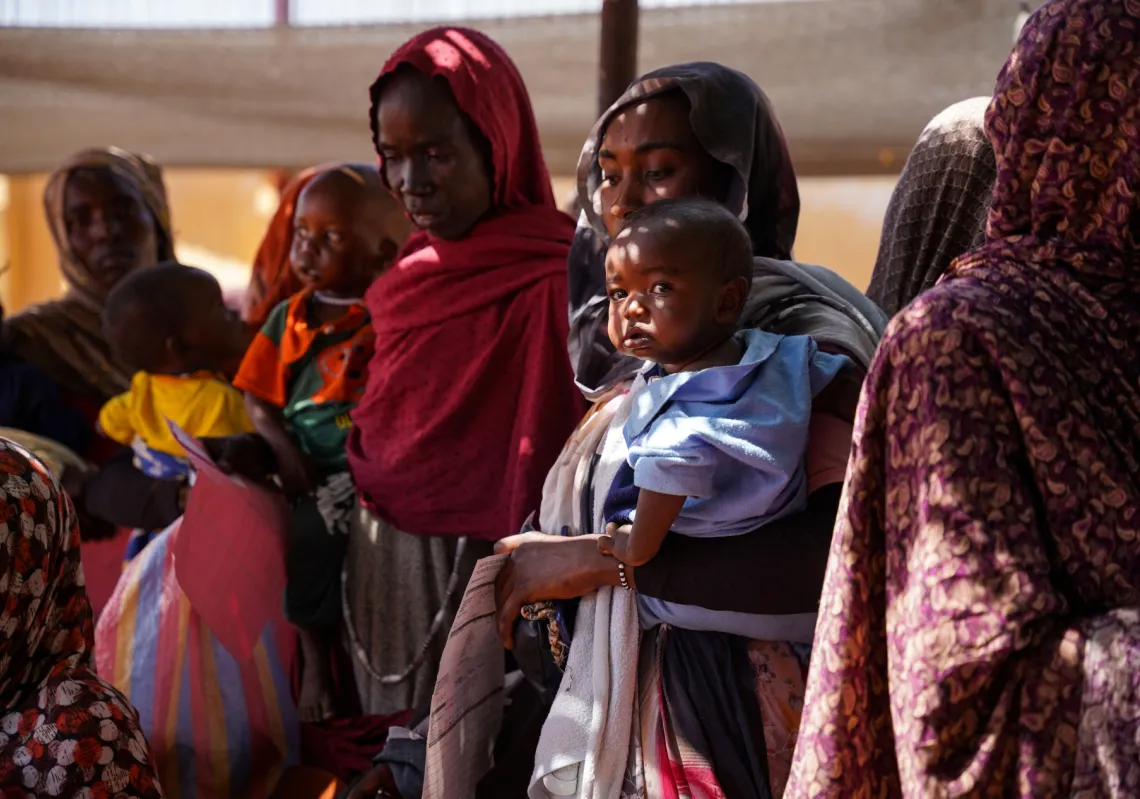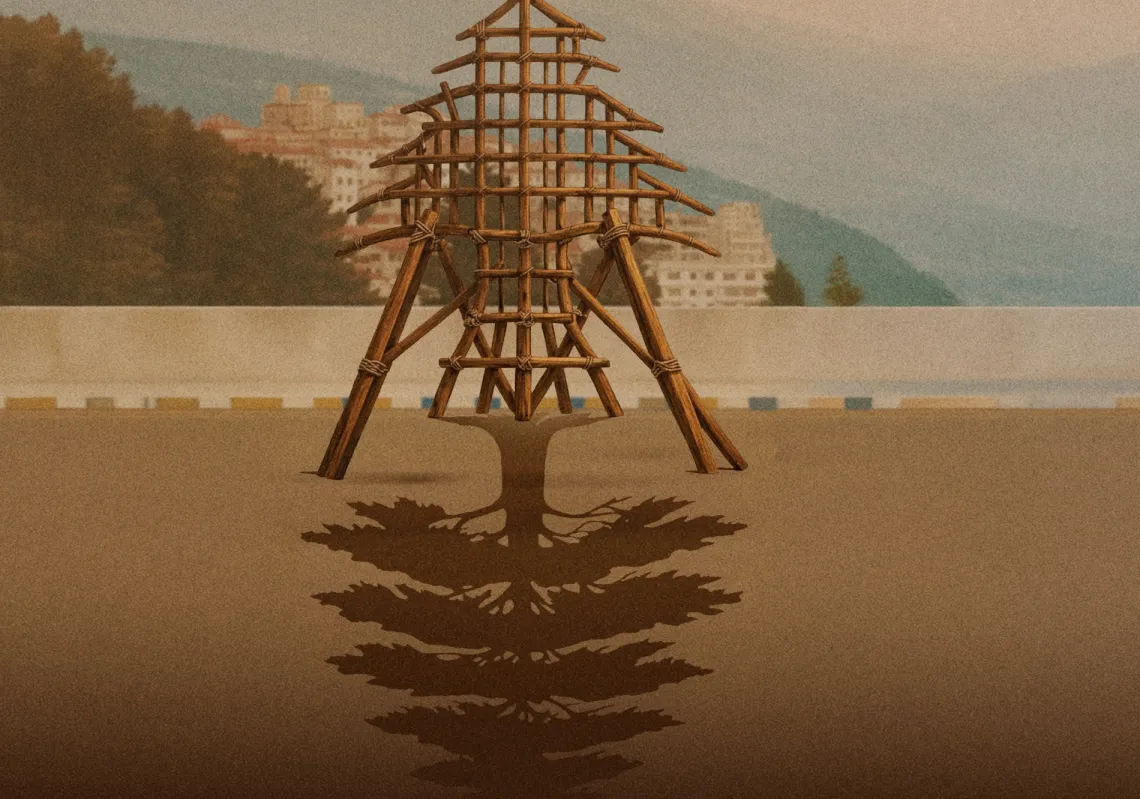Saad Hariri's assuming power as the prime minister of Lebanon marks the beginning of a new stage in Lebanon. Hariri, who formed his cabinet with difficulty, five months after the parliamentary elections, was patient in his effort to achieve this goal. However, he acknowledges that his new policies were affected by past religious and sectarian divisions on the national, regional and international level.
Though the alliance led by Hariri won a parliamentary majority in the elections (71seats out of 128 seats), it failed to overcome divisions. The armed minority hindered the formation of Hariri's cabinet for nearly five months. They managed to impose their conditions regarding the formation of the cabinet, obtaining “a third-plus-one” of its portfolios, enabling themselves to later control critical decisions.
Hariri dealt these issues with calm. He did not panic when Walid Jumblatt, the Druze leader, declared his withdrawal from the majority on August 2, 2009. Hariri knew the reasons that motivated Jumblatt to take this position. The withdrawal, however, gave the minority an additional reason to stick to their demands.
It was clear that the goal of the minority was to perpetuate the legitimacy of Hezbollah’s possession of weapons. To achieve this end, side battles were fought to increase quotas of Hezbollah's allies in the cabinet. General Michel Aoun fought a battle to fix his image as the representative of Christians in Lebanon, though receiving severe blows in the elections, with his brother-in-law and political heir losing the election.
Parliament Speaker, Nabih Berri, the leader of "Amal" movement, fought a battle to keep positions he controls in the Cabinet (particularly the portfolio of foreign minister). He launched a political campaign on many fronts under the slogan of "abolishing sectarianism in politics." Many regarded this as way of having his demands of improving his status in governance met.
Finally, the cabinet was formed and it affirmed the right of Lebanon as whole to fight any Israeli aggression. This last point was of great importance to Hezbollah. No one in Lebanon rejects the right of the Lebanese people to resist Israeli occupation, aggression, and threats. However, the problem for many Lebanese was what Lebanon experienced in May 2008, when weapons were used to resolve internal disputes. In addition, resistance is not an exclusive right a specific party. Instead, it involves all Lebanese who have learned that protecting their country requires ending foreign intervention and consolidating internal unity.
The experience gained in the period between announcing results of the June, 2009 elections and the formation of the Hariri Cabinet in October was significant. The "March 14" alliance parliamentary majority and its leader consider achievements in Lebanon important and fundamental. Such achievements have proved responsive to the demands of the Lebanese people, and met major Lebanese interests.
After the liberation of south Lebanon from Israeli occupation in 2000, the public wanted the withdrawal of the Syrian army from the country, consequently halting Syrian interference in Lebanese affairs. This was achieved in April 2005, and was followed with last year's establishment of diplomatic relations with the country.
The second important achievement was the decision taken by the Lebanese leaders to end armed Palestinian deployment outside their recognized camps, and regulating weapons inside the camps themselves. Negations regarding this matter have progressed significantly with the Lebanese government forming a committee for dialogue with the Palestinians.
The majority led by Hariri believe that they have successfully resisted attempts to perpetuate the political vacuum in Lebanon. The Lebanese people are capitalising today on these achievements to engage in actual self-governance. It is true that running Lebanese internal affairs is not easy. However, this does not worry Hariri. What worries Hariri and the majority of the Lebanese is the regional and international scene which could escalate into a war, and which could make Lebanon a battlefield for an Iranian-Israeli conflict. Consequently, Hariri has engaged with other countries including Saudi Arabia, Syria, Turkey, France and Egypt among others. The safety belt, which he is trying secure for Lebanon, is very important for the problems the country could face.
Tony Francis -







